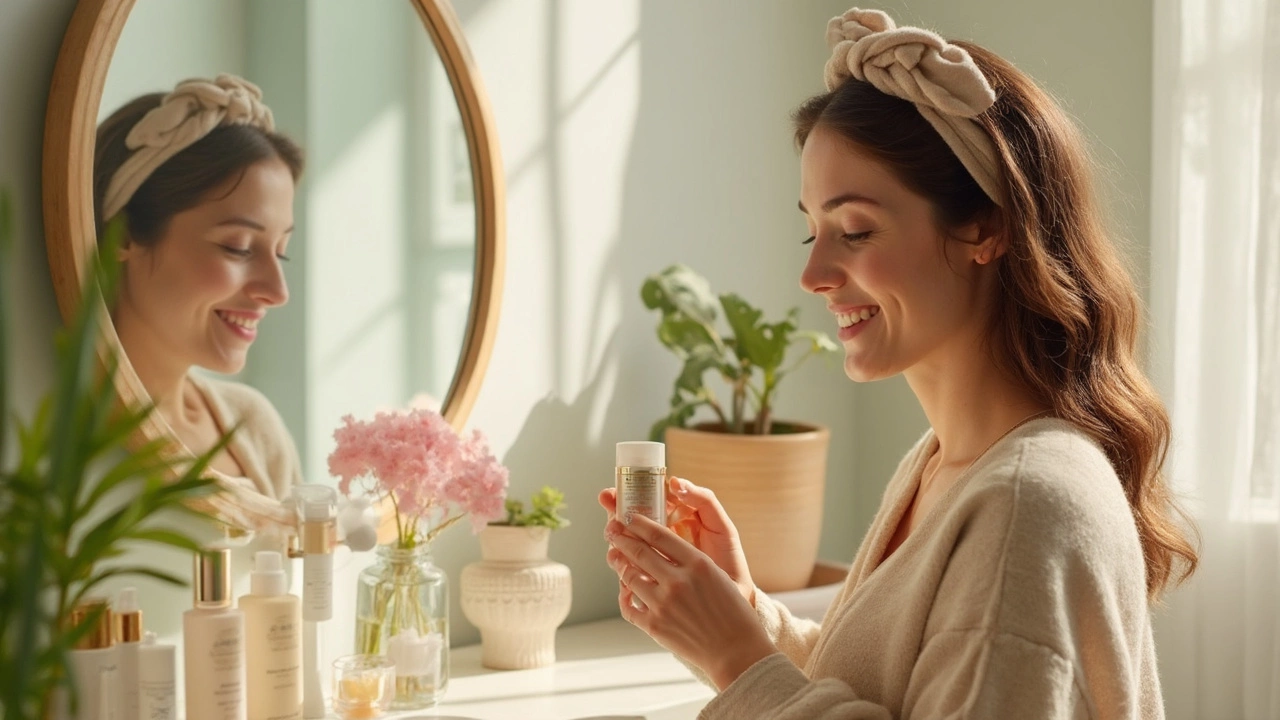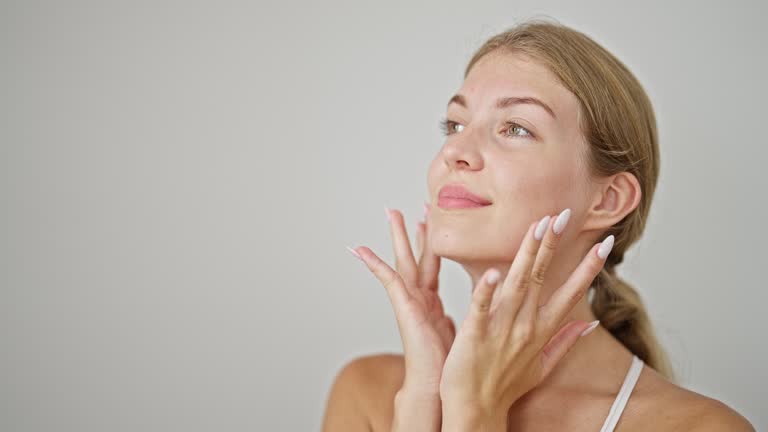What Does Vitamin E Do for Skin: Unlock Radiant Beauty
As a beautician, understanding the myriad benefits of Vitamin E for the skin is essential. Not only does it offer a range of advantages for maintaining beautiful, youthful skin, but it also plays a crucial role in overall skin health. So, what does Vitamin E do for skin? Let's delve into the secrets of this powerful antioxidant and its transformative impact on skin care.

The Antioxidant Power of Vitamin E
Vitamin E is widely known for its antioxidant properties. These antioxidants combat free radicals, which are responsible for premature aging and damage to skin cells. By neutralizing these harmful molecules, Vitamin E helps to protect the skin from oxidative stress, resulting in a more youthful and radiant appearance.
Enhancing Skin Moisture
One of the key benefits of Vitamin E is its ability to enhance skin moisture. It acts as a natural barrier, preventing moisture loss and keeping the skin hydrated. This is particularly beneficial for individuals with dry or flaky skin, as it aids in maintaining a soft and supple texture. Incorporating Vitamin E into your skincare routine can result in smoother, more resilient skin.
Healing Properties of Vitamin E
Vitamin E is also known for its healing properties. It aids in the repair and regeneration of skin cells, making it an excellent choice for those dealing with scars, blemishes, or sun damage. By accelerating the healing process, Vitamin E promotes healthier skin and reduces the appearance of imperfections.
Incorporating Vitamin E into Your Skincare Routine
There are numerous ways to incorporate Vitamin E into your skincare routine. From serums and creams to oils and dietary supplements, the options are vast. For beauticians, recommending products that contain Vitamin E can be a game-changer for clients seeking to enhance their skin's health and appearance.
For an in-depth guide on how to layer serums and skincare products for maximum benefit, check out this L'Oral Paris guide.
Vitamin E in Face Serums
Face serums containing Vitamin E are highly effective in delivering concentrated doses of this nutrient directly to the skin. These serums penetrate deeply, providing long-lasting hydration and protection against external aggressors. For more insights on face serums, explore this article.
Natural Sources of Vitamin E
While topical applications are beneficial, consuming foods rich in Vitamin E can also enhance skin health from within. Foods such as almonds, sunflower seeds, and spinach are excellent sources of this vitamin. A balanced diet, combined with topical treatments, ensures comprehensive skin care.
Vitamin E and Anti-Aging Benefits
Vitamin E's anti-aging benefits are among its most celebrated features. By promoting collagen production and improving elasticity, it helps to reduce the appearance of fine lines and wrinkles. This makes it an invaluable addition to any anti-aging regimen. For more tips on achieving youthful skin, explore how to get glass skin.
Sun Protection and Repair
Vitamin E also offers protection against the sun's harmful UV rays. It acts as a natural sunscreen, although it should not replace traditional sunblock. Additionally, it aids in repairing sun-damaged skin, making it a versatile component in any skincare routine.
Combating Dull Skin
For those struggling with dull skin, Vitamin E can be a game-changer. By boosting circulation and promoting cell turnover, it revitalizes the skin, giving it a healthy glow. To learn more about revitalizing dull skin, check out this article.

FAQs About Vitamin E and Skin Care
Can Vitamin E Cause Skin Irritation?
While Vitamin E is generally well-tolerated, some individuals may experience irritation or allergic reactions. It's advisable to perform a patch test before using a new product.
How Often Should I Use Vitamin E on My Skin?
The frequency of use can vary depending on the product. For best results, follow the instructions provided on the product label or consult with a skincare professional.
Is Vitamin E Safe for All Skin Types?
Vitamin E is suitable for most skin types, but those with oily or acne-prone skin should use it sparingly, as it can be heavy and may exacerbate breakouts.
In conclusion, understanding what does Vitamin E do for skin is essential for any beautician looking to enhance their clients' skincare routines. By harnessing the power of this antioxidant, you can help clients achieve healthier, more radiant skin. For more insights, consider exploring this comprehensive guide by the American Academy of Dermatology.
This article contains affiliate links. We may earn a commission at no extra cost to you.

